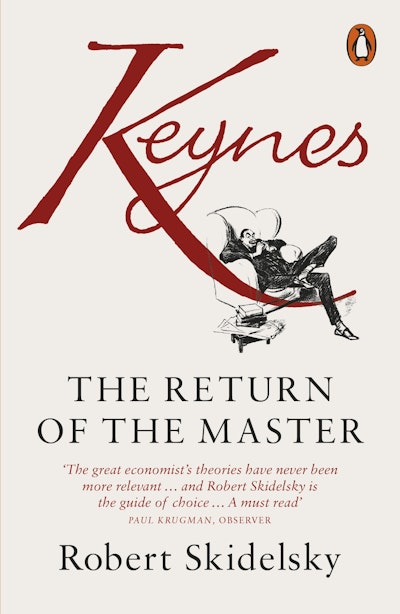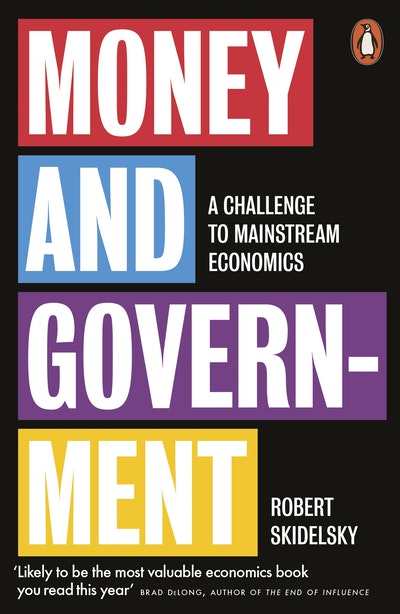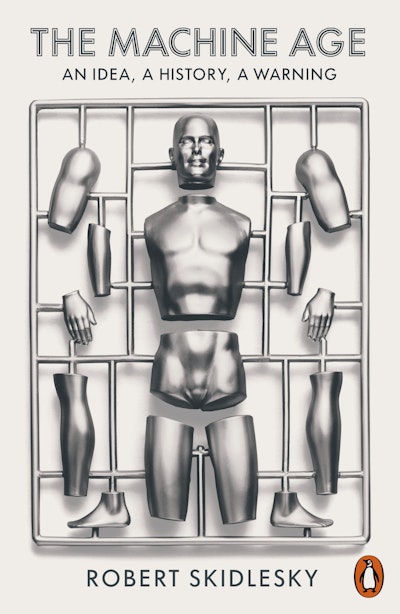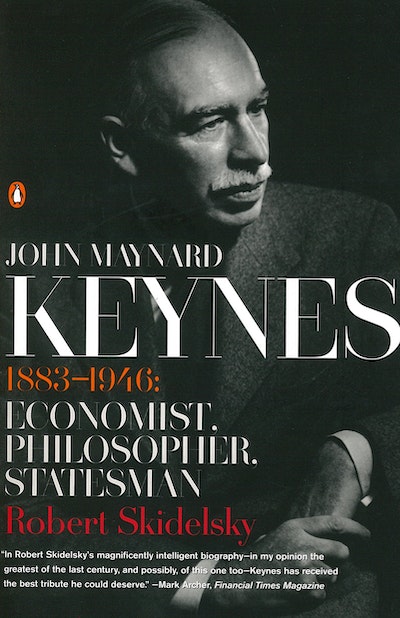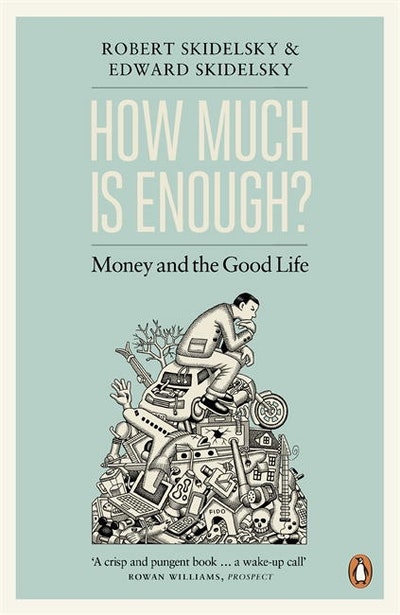In the current financial crisis Keynes has been taken out of his cupboard, dusted down, consulted, cited, invoked and appealed to about why events have taken the course they have and how a rescue operation can be effected. Why have we gone back so emphatically to the ideas of an economist who died fifty years ago?
There are three main ideas of Keynes's worth thinking about now. The first is that the future is unknowable, and therefore that economic storms are part of the normal workings of the market system. The second idea is that economies wounded by these 'shocks' can, if left to themselves, stay in a depressed condition for a long time. That is why governments need to have and use fiscal ammunition to prevent a slide from financial crisis to economic depression. The third concerns what he termed 'organicism': societies are communities not, as he put it, 'branches of the multiplication table'. These ideas have never been more timely.
